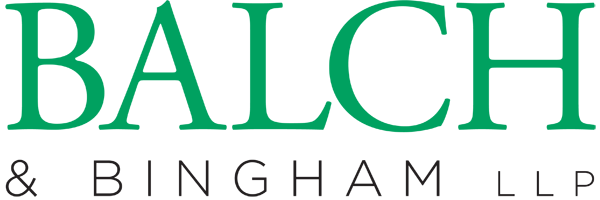Related Services
Eleventh Circuit accepts Spokeo argument; holds that mere procedural violation is not enough to confer standing
In a victory for defendants, the Eleventh Circuit recently agreed that a mere procedural violation—the kind of injury that has become the favorite of the plaintiffs’ bar—is insufficient to confer Article III standing. More specifically, the Eleventh Circuit concluded that a certified return receipt will satisfy a lender’s obligation under Regulation X to provide written acknowledgment of a request for information within five days. Though this decision is unpublished, it is persuasive authority that may guide the district courts within the Eleventh Circuit.
In Meeks v. Ocwen Loan Servicing, LLC, No. 16-15536, Charles Meeks sent a Request for Information to his mortgage servicer via certified mail. The servicer’s agent signed the return receipt the same day the request was received. The receipt was then returned to the Meeks’ counsel. Several months later, Meeks sued the servicer and attached the certified receipt to his complaint.
Meeks asserted two claims against the servicer: (1) the servicer violated Regulation X by not sending him written acknowledgment of the Request for Information within 5 days and (2) that the servicer had shown a reckless disregard for the requirements of Regulation X. After the case was removed, the district court dismissed the first count for failure to state a claim and the second count for lack of standing. On appeal, the Eleventh Circuit affirmed.
The Court pointed out that no other circuit court has considered whether a certified receipt satisfies the written response obligation under Regulation X. Rather than engage in a lengthy legal analysis, the Court focused on the undisputed facts. Because there was no serious dispute that Meeks had received the certified receipt, Meeks had failed to state a claim under Regulation X. Put another way, a failure to send a notice of acknowledgment is unnecessary when the undisputed evidence shows that the borrower knew the request had been received.
More important, the Court concluded that Meeks lacked standing to bring a pattern or practice claim. Pointing to the Supreme Court’s decision in Spokeo, Inc. v. Robins, 136 S. Ct. 1540, 1548-49 (2016), the Court noted that an injury must be both concrete and particularized in order to confer Article III standing. Meeks had not suffered an injury because it was undisputed that he had received the return receipt. Even though Meeks argued that this receipt was deficient under Regulation X, the Eleventh Circuit held that this deficiency was nothing more than “a bare procedural violation” that was insufficient to create a “real, concrete injury.”
Meeks is important for two reasons. First, it holds that a procedural deficiency alone—here, the failure to send a written acknowledgment within five days—is insufficient to confer standing when the undisputed evidence shows that the deficiency caused no injury to the plaintiff. On this point, Meeks is in tension with another unpublished Eleventh Circuit decision, Church v. Accretive Health, Inc., 654 F. App’x 990 (11th Cir. 2016), which held that the FDCPA creates a statutory right to receive certain information and that a failure to include this information in the debtor’s letter to the plaintiff was a sufficient injury to confer standing. Because neither opinion is published, neither will be binding on a subsequent Eleventh Circuit panel. Moreover, it may be possible to reconcile the holdings in Meeks and Church. In Meeks, it was undisputed that the plaintiff had received the benefit established by the procedural right while in Church it was not clear that the plaintiff had actually received the information that the statute required. It is also worth pointing out that many post-Spokeo courts have declined to extend Spokeo to its logical conclusions. At the very least, this apparent contradiction signals that the law on this issue is evolving. The Eleventh Circuit is likely to address this issue in a published opinion in the future.
Second and for purposes of Regulation X specifically, Meeks holds that a certified return receipt can satisfy a lender’s obligations under Regulation X when there is no dispute that the borrower received the return receipt. This holding may be somewhat limited however because plaintiffs’ counsel may not attach the receipts to their complaints or will deny receiving them. Meeks also leaves open the question of what happens if the receipt is received by the borrower more than five days after the lender signs it. Still, lenders should look for ways to bring their case within Meeks as doing so will create a strong argument for dismissal in district courts within the Eleventh Circuit.



